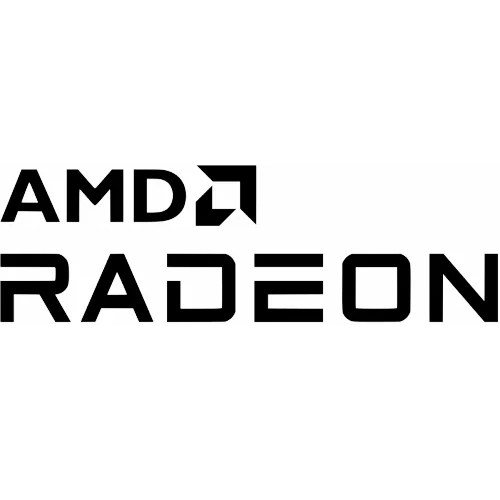RADV Vulkan Driver Merges Cooperative Matrix Support Using RDNA3 WMMA

VK_KHR_cooperative_matrix is the Vulkan extension that evolved out of the former NVIDIA-specific cooperative matrix extension (VK_NV_cooperative_matrix). VK_KHR_cooperative_matrix allows for cooperative matrix types within SPIR-V. The Vulkan cooperative matrix types are medium-sized matrices intended for use with compute shaders. With this SPIR-V support it can also be used in conjunction with the OpenGL GLSL_KHR_cooperative_matrix extension for the OpenGL Shading Language.
NVIDIA originally worked on their cooperative matrix extension back in 2019 as part of enabling machine learning acceleration use-cases with the Vulkan API. With NVIDIA's Vulkan cooperative matrix extension they leverage the tensor cores with their modern RTX GPUs to provide much better performance than Vulkan scalar math operations.
With RADV's support for the VK_KHR_cooperative_matrix extension, it is relying on the Wavefront Mixed-precision Multiply Accumulate instructions and AMD cooperative matrix intrinsics found with RDNA3 GPUs and newer. Due to this, the Vulkan cooperative matrix extension is only exposed for RDNA3 (GFX11) and newer graphics processors with Mesa 23.3 RADV.
More details on Vulkan cooperative matrix multiply can be found via this Khronos presentation from last year by NVIDIA's Pierre Boudier.
More details for those interested in RADV cooperative matrix support via this merge for Mesa 23.3.
Add A Comment

